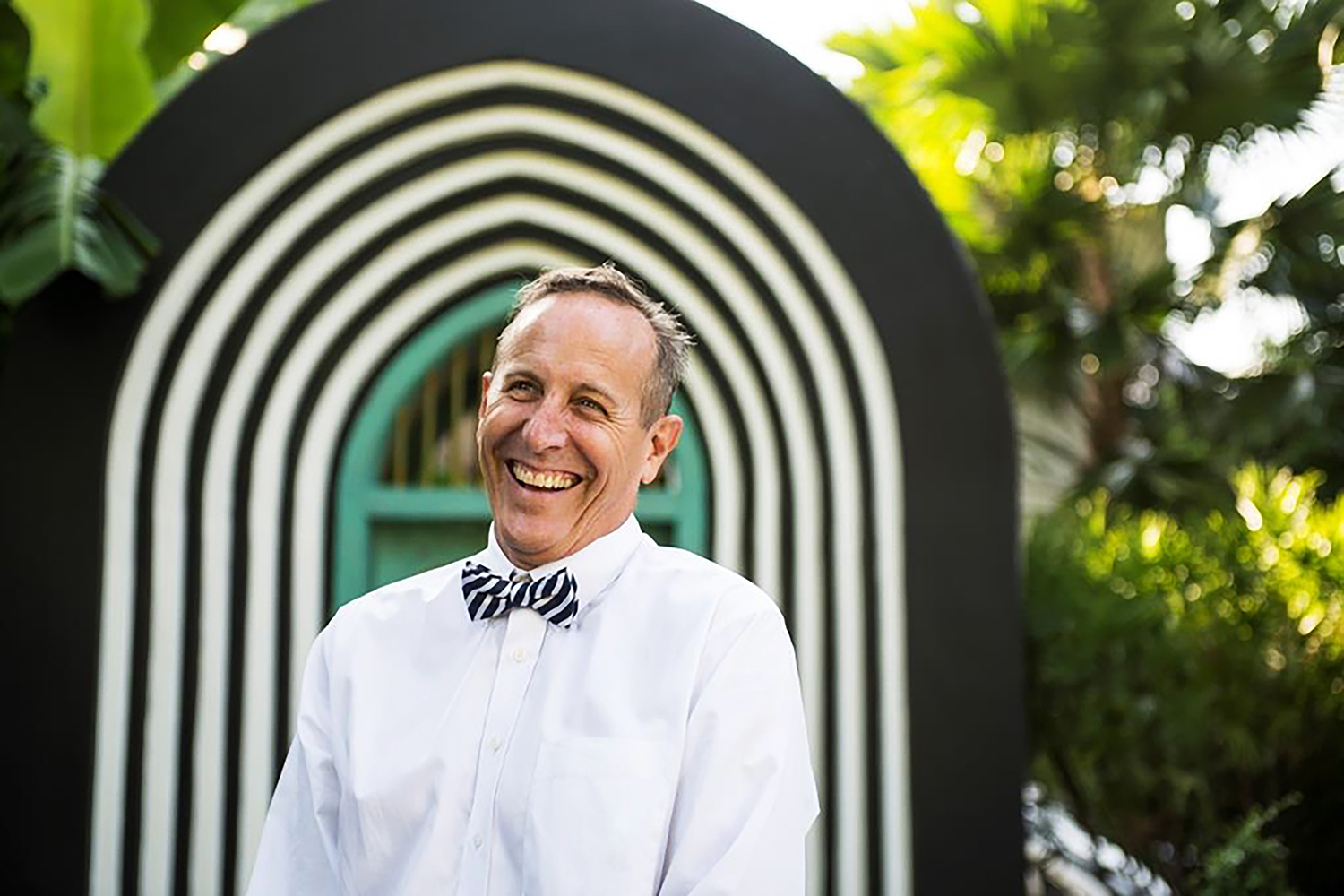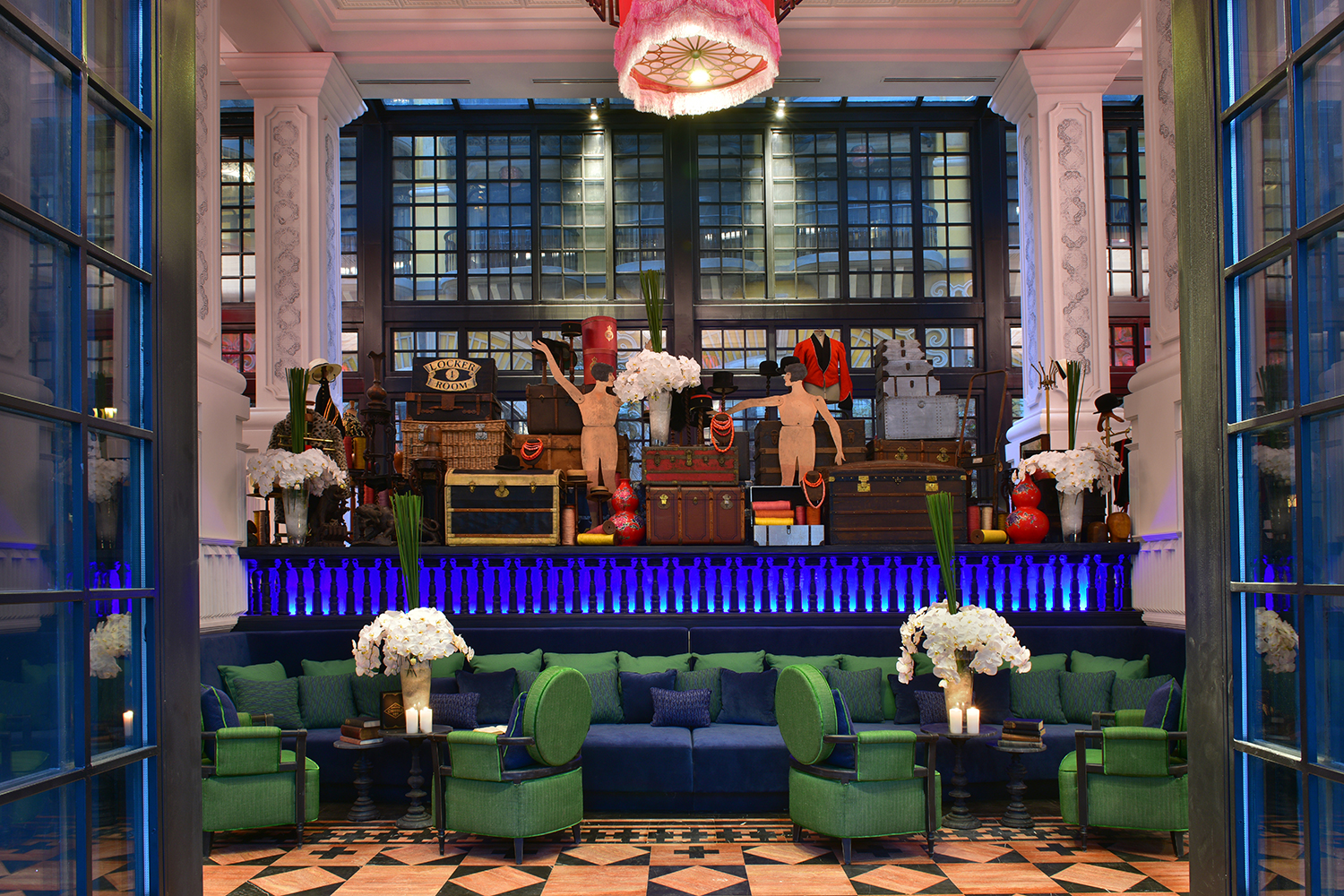BENSLEY
Thailand and Indonesia
In 2020, BENSLEY Design Studios will be celebrating its thirty-year anniversary – a number hard to believe as the studio remains ever youthful and innovative. In these 30 years, BENSLEY has designed over 200 projects all over the world, from hotels to royal palaces, with a focus on pushing the boundaries of design and hospitality.
Among these pioneering projects was the Four Seasons Tented Camp in Chiang Rai – a low-impact, high-yield model that rescued elephants from the streets of Bangkok and took them to the mountains of northern Thailand. At the JW Marriott Phu Quoc, the studio brought an abandoned university campus back to life. The award-winning Capella Ubud in Bali also followed the studio’s philosophy of minimal impact, saving a beautiful forest valley from becoming a 120-room hotel; instead creating a 24-tent camp that tiptoes ever so softly on the land.
In recent years, the emphasis has turned entirely to projects with meaning. The company, with offices in Bangkok and Bali, now seeks only to make hotels with a positive impact, such as WorldWild – a 700-hectare wildlife refuge in China where 90 per cent of the land is dedicated to naturalised wildlife environments and just 10 per cent to the seven hotels and 2,500 rooms.
Bill Bensley’s most recent achievement was the release of his white paper, ‘Sensible Sustainable Solutions’, where he shares BENSLEY’s standards with all hotel companies in the hope that they will slip it into their own hotel standards. It is an archive of lessons and ideas in hotel design, purpose and sustainability.
BENSLEY has carved out a niche in sustainable design – no longer focused on just making pretty hotels, instead creating hotels that preserve landscapes, reintroduce and protect rare species of animals, or care for people in need by way of education, medical care and agriculture. The studio works with the standard of the three Es: Education, Experience and Environment. The studio believes every hotel in the world can practice sustainable solutions, and using the resources it has, spread the good throughout its community, often transforming it.
Photography: Krishna Adithya




